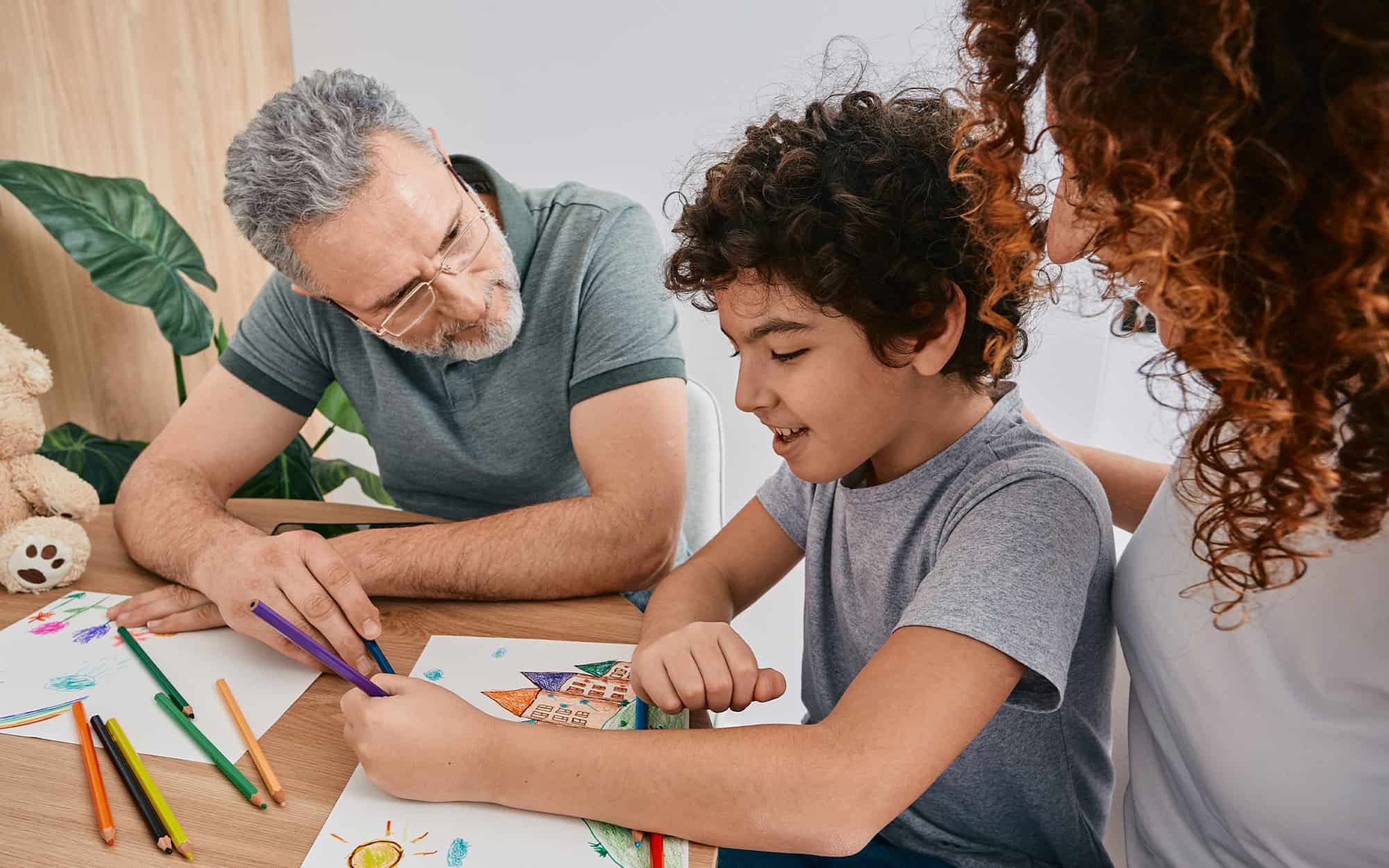Common Challenges Children With ADHD May Encounter
Many children around the world suffer from ADHD. The negative effects of this developmental disorder are diverse, often manifesting as high energy levels and a lack of focus. These core ADHD symptoms seep into every corner of their lives, from hanging out with friends to performing well on tests. Let’s explore eight of some of the most common challenges that ADHD can present for kids.
Difficulty Paying Attention in Class
One of the most common and noticeable negatives of ADHD is how it impacts children’s ability to pay attention in class. It’s not that they don’t want to learn—rather, their brains are wired differently. They may become easily distracted by external stimuli like sounds, movements, or even their own thoughts. This can lead to missed instructions, incomplete assignments, and a feeling of frustration that can affect their self-esteem.
Trouble Completing Tasks on Time
Another common negative of ADHD is time management. Children with ADHD often struggle with completing tasks on time. They may procrastinate, underestimate the time needed, or get sidetracked easily. This can lead to late submissions of assignments, forgotten chores, and a sense of underachievement.
Impulsiveness That Leads to Poor Decision-Making
ADHD often comes with impulsivity. Children may act without thinking through the consequences of their actions. This impulsiveness can result in poor decision-making, such as blurting out inappropriate comments or engaging in risky behaviors. It’s crucial to help them develop strategies to control their impulses and make better choices.
Easily Distracted by Noises or Movement
Children with ADHD are highly susceptible to distractions. Noises or movements in their environment can easily divert their attention from the task at hand. This can be particularly challenging in a noisy classroom or a busy household. Creating a distraction-free space or using noise-canceling headphones can be helpful.
Unable to Stay Seated or Focus on a Task for More Than a Few Minutes
Sitting still and concentrating for extended periods can be a real struggle for kids with ADHD. They may fidget, tap their feet, or constantly shift in their seats. They find it challenging to focus on a single task for more than a few minutes. Short, structured breaks and physical activities can help them manage this restlessness.
Feeling Shy or Withdrawn and Struggling With Social Interactions
ADHD doesn’t just affect a child’s academic performance—it can also impact their social life. Some children with ADHD may become shy or withdrawn, avoiding social interactions because they fear they won’t fit in or that they’ll say or do something embarrassing. Encouraging social activities, teaching social skills, and fostering a supportive environment can help them overcome these challenges.
Emotional Highs, Lows, and Mood Swings
ADHD often goes hand in hand with emotional highs and lows. Children may experience intense emotions that can be difficult to manage. They might become easily frustrated, angry, or overwhelmed. Teaching emotional regulation techniques, like deep breathing or mindfulness, can be beneficial in these situations.
Trouble Sleeping
Another negative of ADHD is that it can make it challenging for children to establish a consistent sleep pattern. Their minds may race at night, making it hard to fall asleep, or they may have restless, interrupted sleep. A consistent bedtime routine and relaxation techniques can help improve their sleep patterns.
Turn to Abbey Neuropsychology Clinic to Overcome ADHD Negatives
Navigating the common negatives of ADHD can be challenging, but it’s essential to remember that there is help available. If your child is struggling with ADHD, consider reaching out to professionals who can provide expert support and medication-free treatment. At Abbey Neuropsychology Clinic, we specialize in helping children with ADHD overcome these challenges. Our team of experienced clinicians can work with you and your child to develop strategies and provide the necessary support to improve their quality of life.
Don’t hesitate to reach out—your child’s future can be brighter with the right guidance and care.


Recent Comments